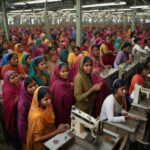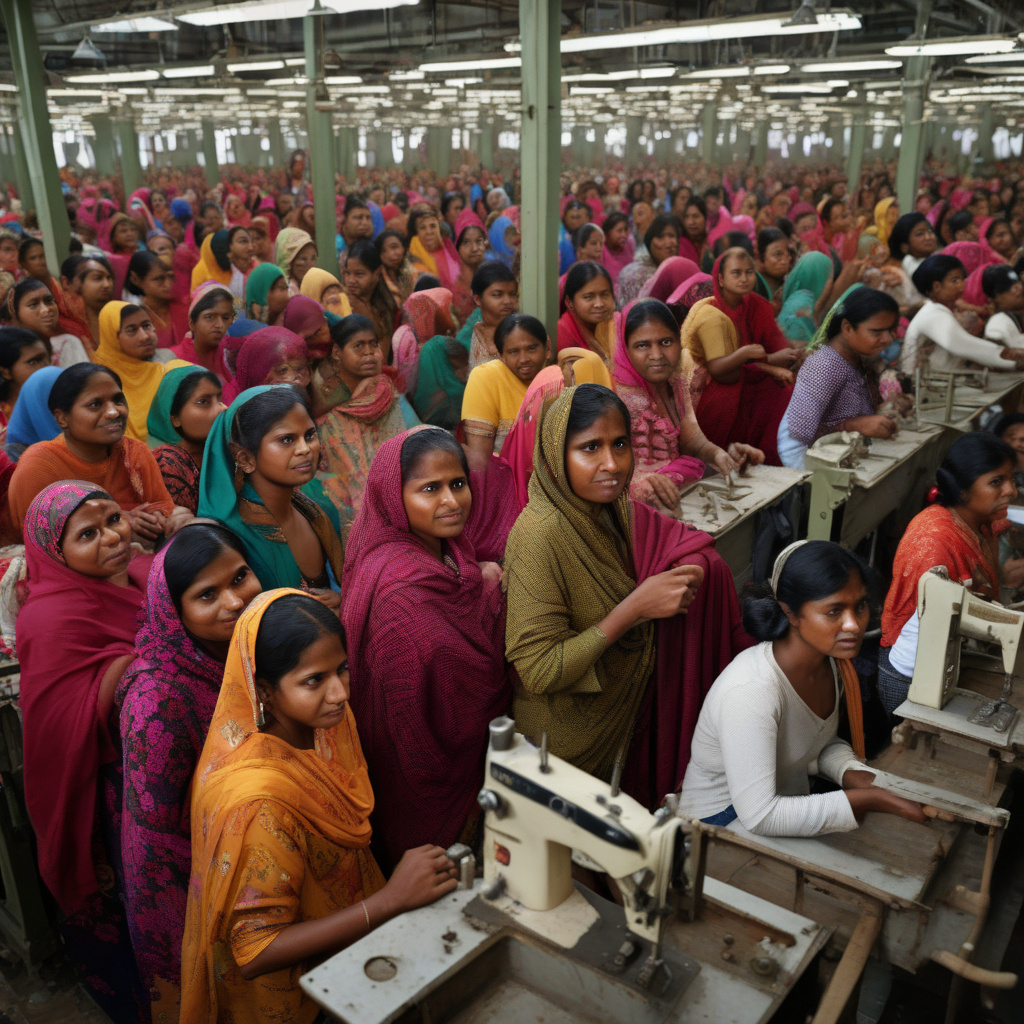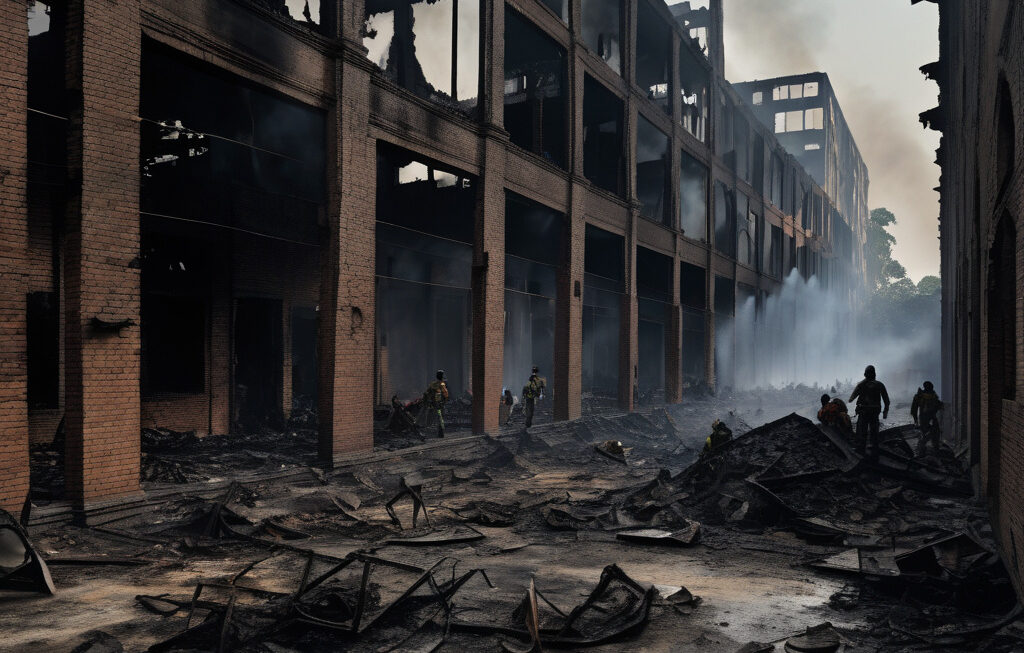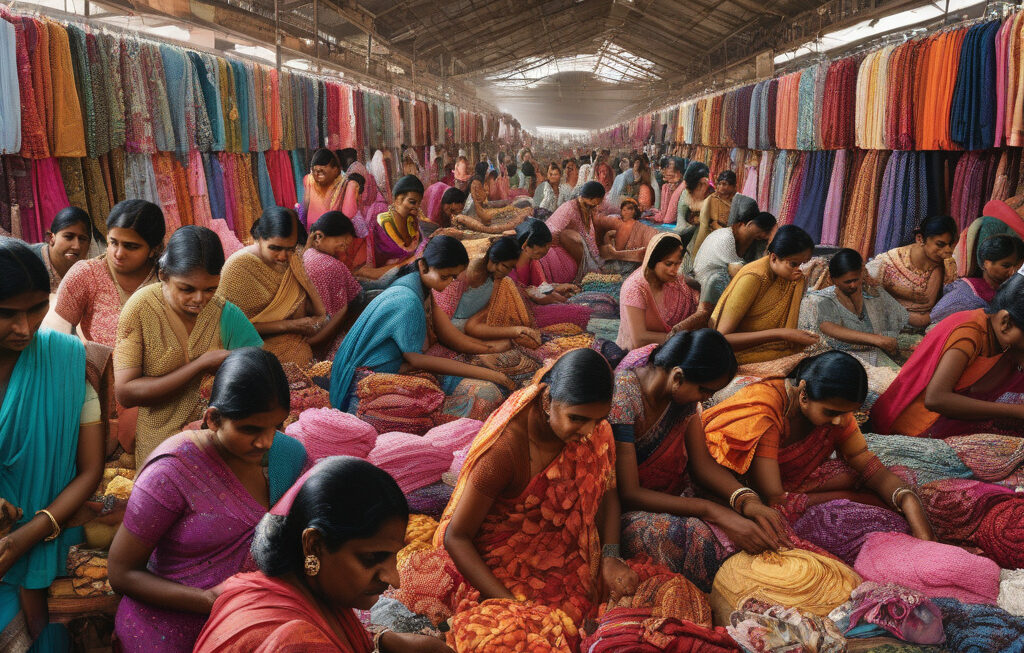Bangladesh Drops Criminal Cases Against 48,000 Garment Workers
In a significant turn of events, Bangladesh has decided to drop criminal cases against 48,000 garment workers, marking a pivotal moment in the fight for labor rights in the country. This decision comes two years after a wave of protests erupted when thousands of workers took to the streets to demonstrate against the failed national minimum wage negotiations. Labour rights campaigners have hailed this move as a massive victory for the workers who have long been fighting for their rights and fair treatment in the garment industry.
The garment industry is a cornerstone of Bangladesh’s economy, accounting for a significant portion of the country’s exports and providing employment to millions of people, a majority of whom are women. However, the industry has been plagued by issues such as low wages, poor working conditions, and a lack of respect for labor rights. The decision to drop the criminal cases against the 48,000 garment workers is a step in the right direction towards addressing these long-standing issues and ensuring that workers are treated fairly and with dignity.
The move has been welcomed by labor rights organizations and activists who have been campaigning for justice for the workers who were unfairly targeted for participating in peaceful protests. By dropping the charges, the government of Bangladesh is sending a clear message that it values the contributions of its workers and is committed to upholding their rights. This decision sets a positive precedent for the future and serves as a reminder that collective action and advocacy can bring about meaningful change.
It is crucial for countries like Bangladesh, which rely heavily on the garment industry, to prioritize the well-being and rights of their workers. By ensuring that workers are paid fair wages, have safe working conditions, and are able to exercise their right to peaceful protest, governments can create a more sustainable and equitable industry that benefits both workers and employers. The dropping of criminal cases against the garment workers is a step towards building a more inclusive and just society where all individuals are treated with respect and dignity.
As we celebrate this victory for labor rights in Bangladesh, it is important to recognize that there is still much work to be done. The garment industry continues to face challenges such as exploitation, gender inequality, and lack of representation for workers. It is essential for all stakeholders, including governments, employers, and civil society organizations, to work together to address these issues and create a more equitable and sustainable industry for the future.
In conclusion, the decision to drop criminal cases against 48,000 garment workers in Bangladesh is a positive development that signals a commitment to upholding labor rights and ensuring justice for workers. This victory is a testament to the power of collective action and advocacy in bringing about meaningful change in the garment industry. It is a step in the right direction towards creating a more fair, inclusive, and sustainable industry that respects the rights and dignity of all workers.
labor rights, Bangladesh, garment workers, fair wages, social justice











